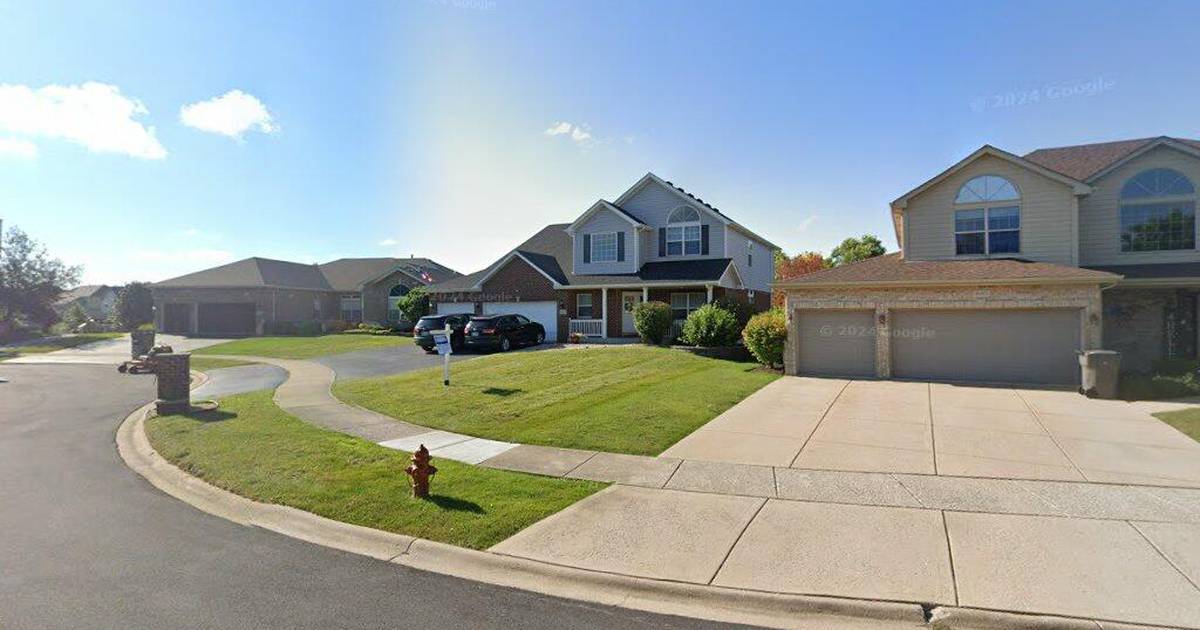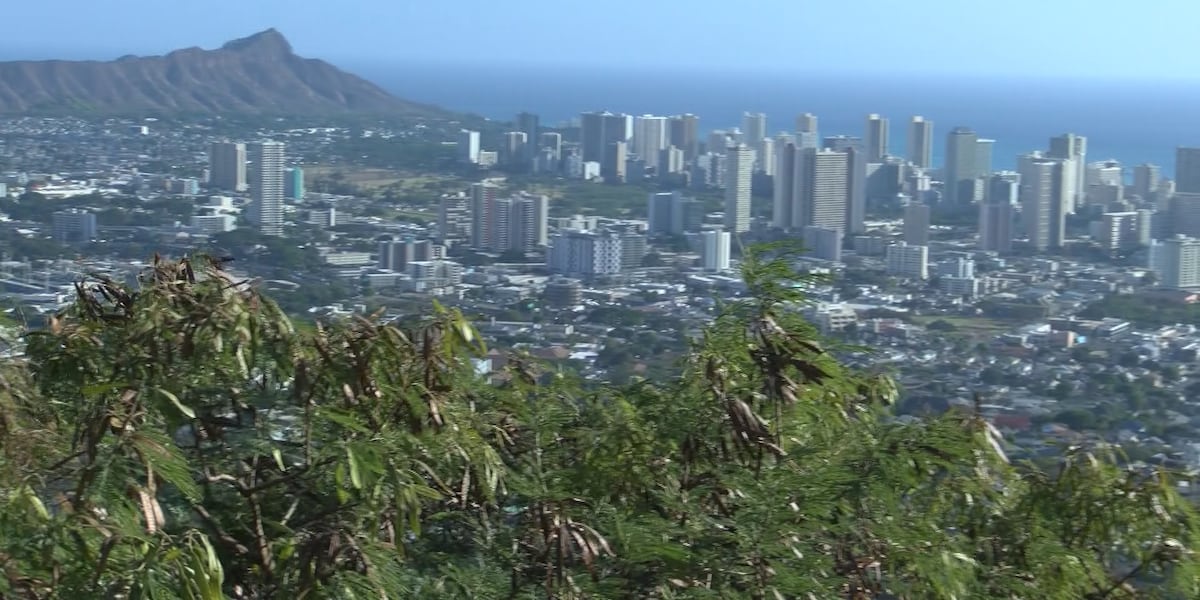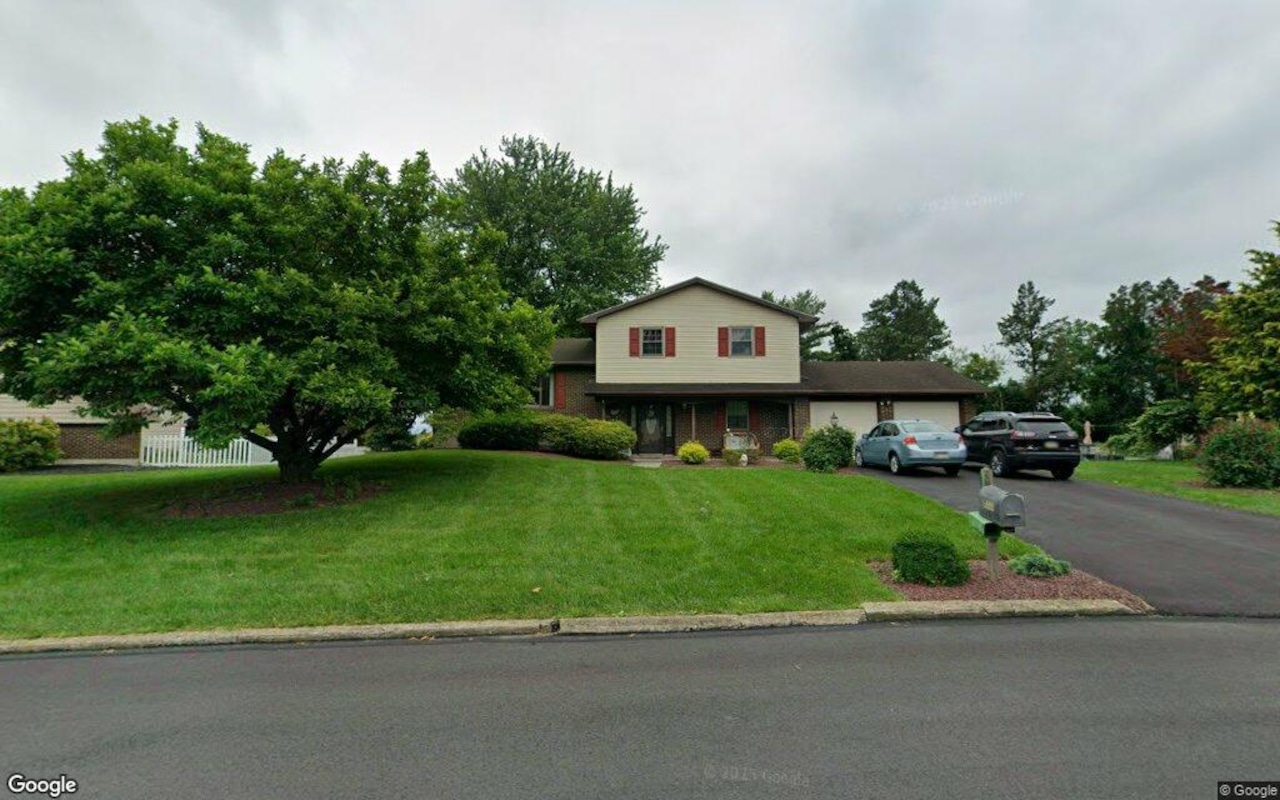I
n the ravaged streets of Jabaliya, Gaza, a man sells bread amidst the ruins of his bakery, a poignant reminder of the devastating consequences of war. The latest chapter in this saga unfolded when the US President announced plans to annex the Gaza Strip, displacing its Palestinian inhabitants and transforming it into a real estate development hub. The administration has since walked back this proposal, but not before touting the President's "out-of-the-box" thinking – a phrase that betrays a staggering lack of understanding about the complexities at play.
The immediate reaction from Palestinians in Gaza was one of defiance, with many refusing to leave their homeland despite its dire conditions. They are furious with Hamas for its catastrophic leadership and eager to see Gaza become a thriving, secure home for the Palestinian people. However, they also view Trump's plan as another blowback from the October 7 attack, further entrenching the cycle of violence.
Trump is right to recognize Gaza's potential – 20 years ago, under Prime Minister Ariel Sharon, Israel withdrew its settlements, paving the way for a Palestinian state. Instead, Hamas has led Gaza down a path of destruction, squandering billions in aid and perpetuating a cycle of violence. If Trump truly wants to take ownership of this field of ruins, he should propose a stern plan to dismantle Hamas's power and commit to recycling Gaza's wreckage, disarming its unexploded munitions, and providing drinking water to its people.
The US bears some responsibility for the devastation in Gaza, having provided Israel with significant material support. Trump's proposal, however, is an outlandish and offensive call for forced displacement, land theft, and colonization – a move that has been met with widespread condemnation from Arab and Gulf nations. Saudi Arabia has reaffirmed its commitment to the two-state solution, emphasizing that normalization with Israel will only occur when a Palestinian state is formed.
The US is unlikely to commit troops to battling Hamas in Gaza, but the announcement itself will inflame anti-Americanism and anti-Semitism in the region. Trump's rhetoric belittles the Palestinian people's attachment to their homes and undermines Israeli security. A more effective approach would be for the US to propose constructive measures, such as pushing Hamas into signing a 50-year truce with Israel or financing a transitional police force for Gaza.
Behind these efforts should be an iron-clad guarantee of Palestinians' right to repopulate the Gaza Strip, secured through a binding UN Security Council resolution. The Trump administration could acknowledge the people of Gaza's pain and suffering, promising US support for a transformed Gaza where its people can live in peace and prosperity alongside their Israeli neighbors.
Actual fresh thinking would lead to a reconstruction plan that doesn't enable Hamas to siphon off aid and resources. A lawless grab for land and power will only delegitimize the US and degrade its potential to do good in the world.











